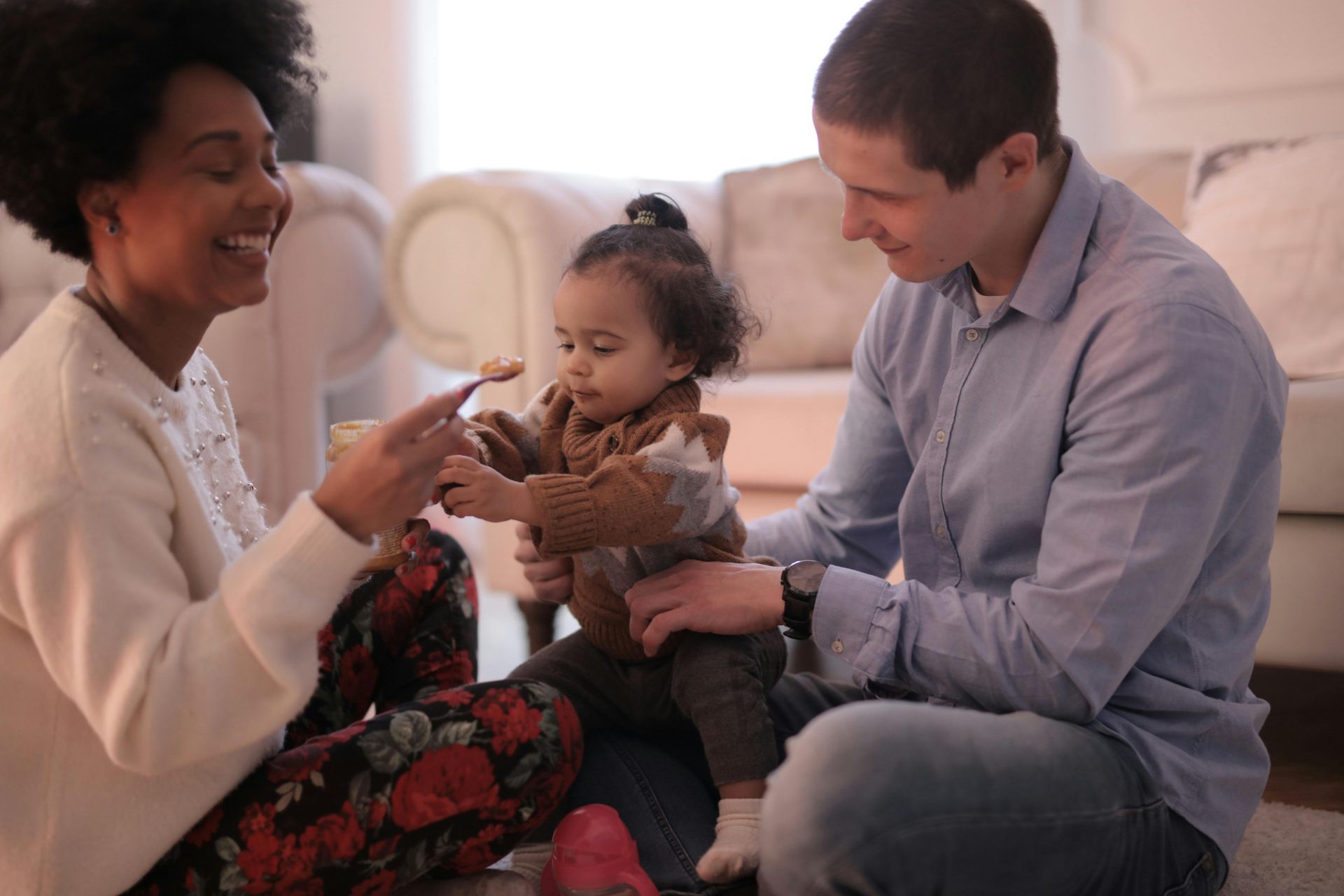It’s not looking good for my family’s gold star status chances today. One of my children is at the indoor play gym posturing for her position in line for the slide. The other is grabbing her sister’s toy out of her hands, seemingly oblivious to the shrieks of offense and horror coming from her sibling. Raising children is hard.
Cue pediatrician mom. I'm full of understanding about what’s normal at all kid ages and stages but I'm faced with the reality that MY kids are acting like complete jerks. And commence re-committing to the idea that, while perfectly-behaved kids are indeed totally overrated and totally unrealistic, it’s also my responsibility to not let them stay complete jerks their whole lives.
For me and my kids, preventing jerkdom means that, when they do act unkind or selfish, I try my best to use it as it as a learning and guiding opportunity.
Somehow, though, my authoritative parenting style (firm but loving, high expectations with consistent consequences, high level of emotional responsiveness) is often met by other parents with a lot of shock and negativity depending on the crowd.
I think it’s because, as a culture and as a generation, we’re having a hard time these days figuring out where to land on the parenting style spectrum. There’s a lot of talk about letting our kids work it out themselves, about being more hands off. While I agree that helicopter parenting is no good, I also know we can’t just let our kids run amuck.
Passive parenting is being super responsive and loving but having hardly any rules or expectations. It has its own major downfalls. Lord of the Flies didn’t turn out so well and neither will a candy shop full of tiny humans with a “me complex” left to their own devices. I’m sure your kids are perfect angels all the time but none of the other kids I’ve ever met are. Nope, the children I know need clear expectations and boundaries.
Now, can people take it too far with the whole rules and regulations thing? Can getting overly involved in every squabble hinder a kid’s ability to learn how to problem-solve on their own?
Absolutely. I’m not talking about holding your kid’s hand through every single social situation they encounter. I am saying, though, that it's our obligation to be explicit and consistent as we teach our kids values like compassion and kindness.
I’m also not saying that setting boundaries means we can’t use Positive Parenting to implement our “I Will Not Let You Become a Jerk” plan. In fact, looking at what’s behind the behavior your children exhibit (hunger, fatigue), you can guide your kids to make their own good choices. Giving realistic expectations beforehand when possible are all great tools for setting and enforcing boundaries. Tracy Cutchlow writes all about these positive parenting techniques in her book, Zero to Five.
As a pediatrician, I see my colleagues working tirelessly to impart balance in this area to the parents they meet. Encouraging parents to not be afraid TO PARENT. Almost needing to give permission to set a limit, set a boundary or set a consequence.
I’m not a perfect parent to my kids, by any means. Sometimes I look back on my parenting decisions with regret. It can be especially tricky to navigate when creating structure for a more sensitive, spirited son or daughter. Some kids, based on their temperament or personality, need more redirection or firm boundaries than others. But I do believe that passive parenting doesn’t do children any favors. And I believe that authoritarian (demanding or harsh) parenting tactics usually don’t turn out so well either. Like a bridge without rails, the path of life becomes more precarious without the security that comes from structure.
I’m trying hard to not let my kids become jerks. Even while I accept that sometimes they will be selfish and mean no matter how hard I (or they) try.
It’s our natural instinct to be selfish. Add in their limited self-regulation skills and their high sensitivity to hunger and fatigue. Now it feels like an uphill battle to get involved and hold them accountable. It’s worth it, though. In fact, their future friends, partners, and bosses all depend on the hard work we’re putting in now.
Want more? Check out our mommy self-care program here.
Know a friend who's about to welcome a new baby? Give her the gifts of information, inspiration, and a little love. Learn more about our Newborn Baby Gift Boxes here.












